Facing the Anthropocene Senior Fellows
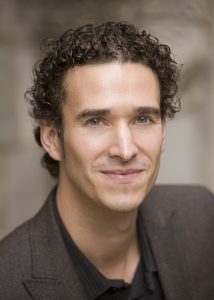
Douglas Kysar is Faculty Co-Director of the Law, Ethics & Animals Program, Deputy Dean, and Joseph M. Field ’55 Professor of Law at Yale Law School. He was born and raised in Indiana. Under his mother’s guidance, he developed a love of reading and a love of the more-than-human world. Kysar later studied at Indiana University, where his two loves developed further with guidance from the great nature writer and teacher Scott Russell Sanders. After law school, Kysar began teaching at Cornell Law School and moved to Yale in 2008. Kysar’s work studies the way society utilizes laws and regulations to prevent, manage, and respond to threats of harm to life. He has had a particular focus on climate change law and policy for several years now because climate change will bring harm to life on an almost unimaginable scale. He is the author of Regulating from Nowhere: Environmental Law and the Search for Objectivity and the faculty co-direct (with Jonathan Lovvorn) of the Law, Ethics, & Animals Program at the Yale Law School.
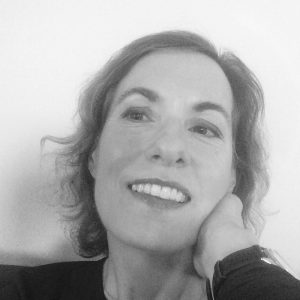
Joyce Chaplin (BA, Northwestern; MA, PhD Johns Hopkins) is the James Duncan Phillips Professor of Early American History at Harvard University. A former Fulbright Scholar and Guggenheim Fellow, her work has focused on the histories of science, the environment, and climate. Her books include The New Worlds of Thomas Robert Malthus: Rereading the Principle of Population, Round About the Earth: Circumnavigation from Magellan to Orbit, and The First Scientific American: Benjamin Franklin and the Pursuit of Genius.
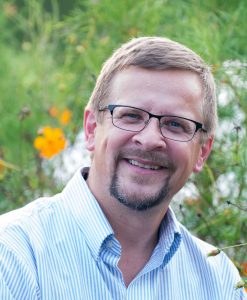
Norman Wirzba is the Gilbert T. Rowe Distinguished Professor of Theology at Duke University. His teaching, research, and writing happens at the intersections of theology and philosophy, and agrarian and environmental studies. He is the author of several books, including Food and Faith: A Theology of Eating (2nd Edition), From Nature to Creation, and The Paradise of God: Renewing Religion in an Ecological Age. In his spare time he likes to bake, play guitar, and make things with wood.

Jedediah S. Purdy joined the Columbia Law School faculty in 2019 after 15 years at Duke Law School. He teaches and writes about environmental, property, and constitutional law as well as legal and political theory.Purdy’s most recent book, This Land Is Our Land: The Struggle for a New Commonwealth, explores how the land has historically united and divided Americans, shows how environmental politics has always been closely connected with issues of distribution and justice, and describes humanity as an “infrastructure species. In his previous book, After Nature: A Politics for the Anthropocene, he traced the long history of environmental law as a central feature of American political and cultural life.
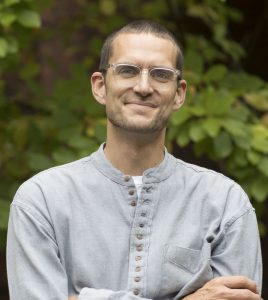
Willis Jenkins lives in the Rivanna River watershed, where he works as Professor of Religious Studies at the University of Virginia. He is author of two award-winning books, Ecologies of Grace, which won a Templeton Award for Theological Promise, and The Future of Ethics, which won an American Academy of Religion Award for Excellence. At UVA, Jenkins co-directs several environmental humanities initiatives, including the Coastal Futures Conservatory and Sanctuary Lab.
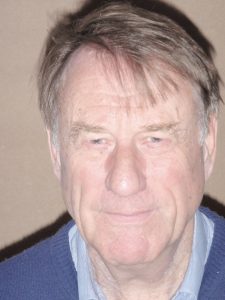
Tim Ingold is Professor Emeritus of Social Anthropology at the University of Aberdeen. He has carried out fieldwork among Saami and Finnish people in Lapland, and has written on environment, technology and social organisation in the circumpolar North, on animals in human society, and on human ecology and evolutionary theory. His more recent work explores environmental perception and skilled practice. Ingold’s current interests lie on the interface between anthropology, archaeology, art and architecture. His recent books include The Perception of the Environment (2000), Lines (2007), Being Alive (2011), Making (2013), The Life of Lines (2015), Anthropology and/as Education (2018) and Anthropology: Why it Matters (2018).
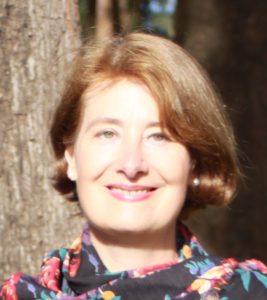
Kate Rigby is Professor of Environmental Humanities at Bath Spa University and Adjunct Professor of Literary Studies at Monash University. Her research lies at the intersection of environmental literary, historical and religious studies, and her books include Topographies of the Sacred: The Poetics of Place in European Romanticism (2004), Dancing with Disaster: Environmental Histories, Narratives and Ethics for Perilous Times (2015), and Reclaiming Romanticism: Towards an Ecopoetics of Decolonization (2020). She was founding co-editor of the journal Philosophy Activism Nature, the founding President of the Association for the Study of Literature, Environment and Culture (Australia-New Zealand) and the founding Director of the Australia-Pacific Forum on Religion and Ecology.
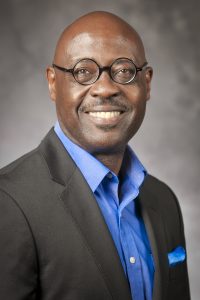
Willie James Jennings is Associate Professor of Theology and Africana Studies at Yale University. He is the author of the award winning book, The Christian Imagination: Theology and the Origins of Race. His most recently book is After Whiteness: An Education in Belonging. He is currently working on a manuscript entitled, Reframing the World: Toward an Actual Doctrine of Creation.
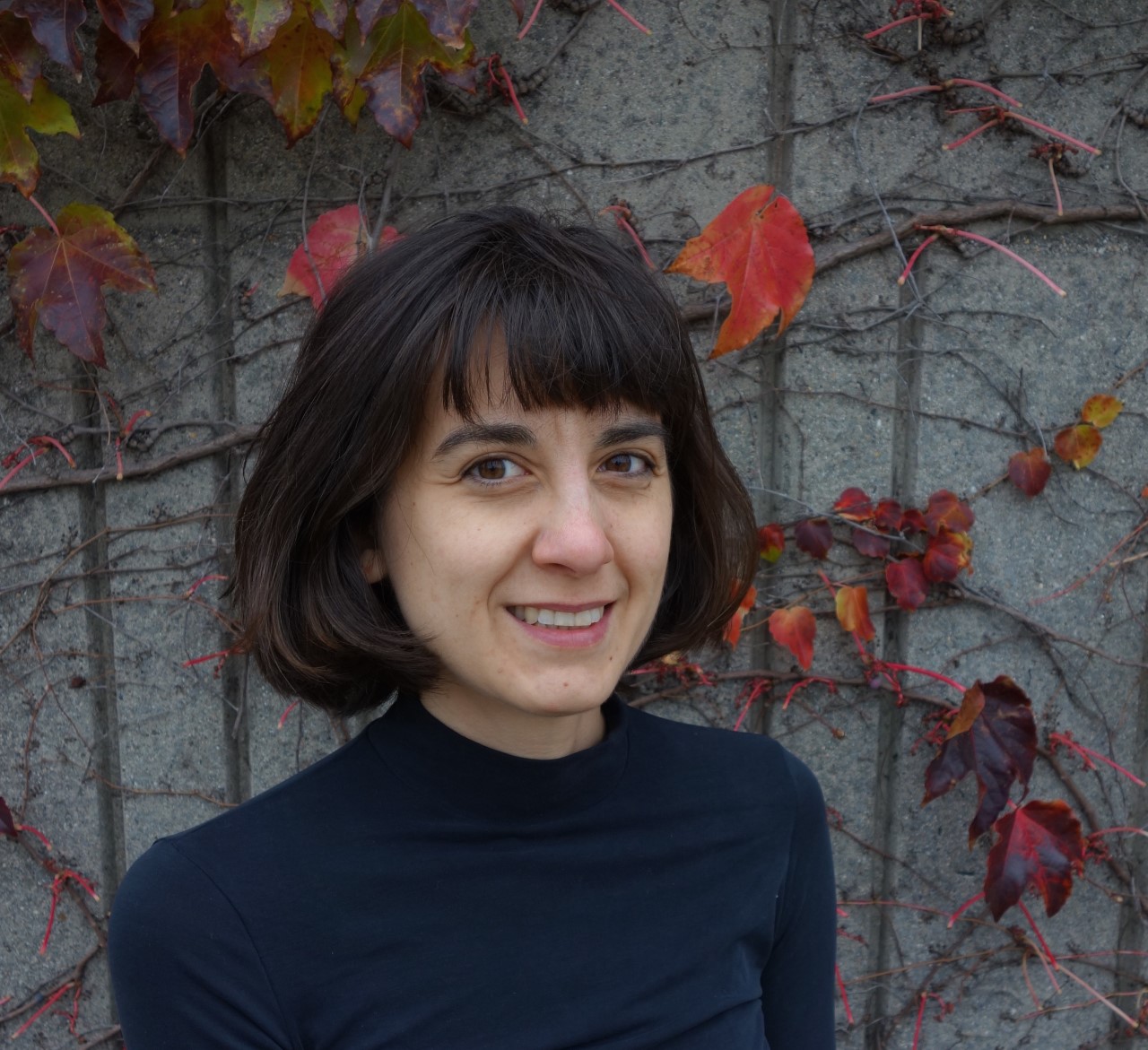
Alyssa Battistoni is a political theorist and an Environmental Fellow at the Harvard University Center for the Environment. She is the co-author of A Planet to Win: Why We Need a Green New Deal. Her writing has appeared in The Guardian, n+1, The Nation, Dissent, The Chronicle of Higher Education, and Jacobin, where she is a member of the editorial board.
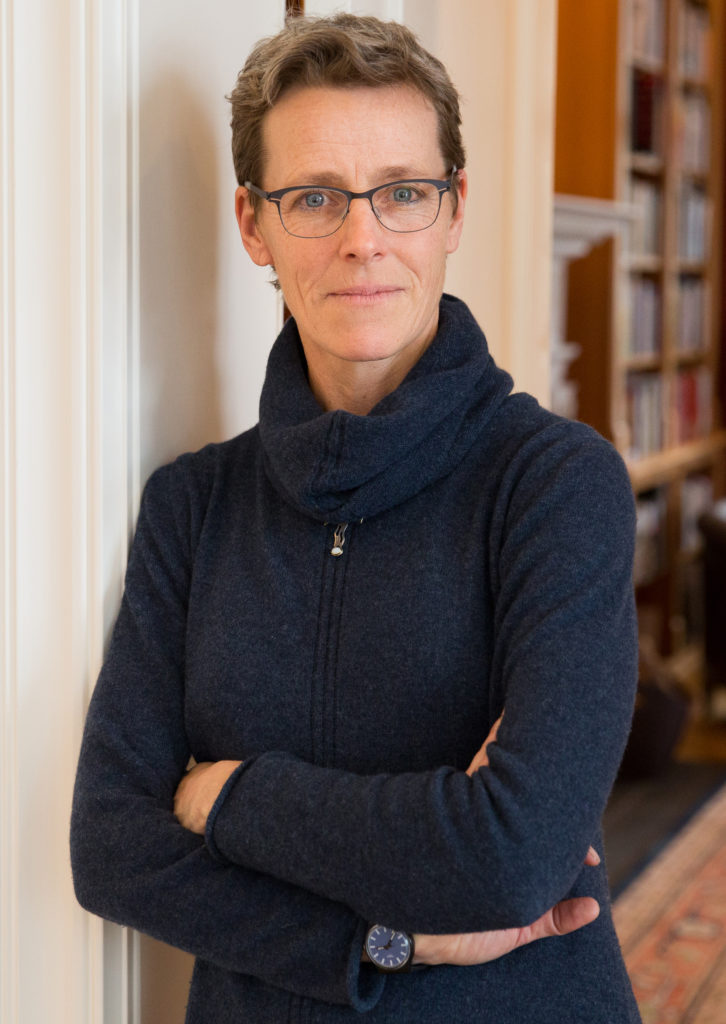
Kate Brown is a Professor of Science, Technology and Society at Massachusetts Institute of Technology. Her research interests illuminate the point where history, science, technology and bio-politics converge to create large-scale disasters and modernist wastelands. She has written four books about topics ranging from population politics, linguistic mapping, the production of nuclear weapons and concomitant utopian communities, the health and environmental consequences of nuclear fallout from the Chernobyl disaster to narrative innovations of history writing in the 21st century. Her books include Plutopia: Nuclear Families in Atomic Cities and the Great Soviet and American Plutonium Disasters, Dispatches from Dystopia: Histories of Places Not Yet Forgotten, and Manual for Survival: A Chernobyl Guide To the Future.
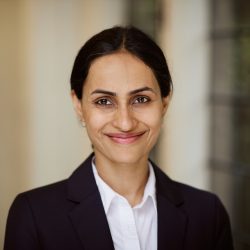
Radhika Khosla is the Research Director of the Oxford India Centre for Sustainable Development and Research Fellow at Somerville College; and a Senior Researcher at the Smith School of Enterprise and Environment, School of Geography and the Environment, at the University of Oxford. She works on examining the productive tensions between urban transitions, energy services consumption and climate change, with a focus on developing country cities. She is the lead researcher on the Oxford Martin Programme on the Future of Cooling.

Robert Macfarlane is a Reader in Literature and the Geohumanities in the Faculty of English at Cambridge University. He is well-known as a writer about landscape, nature, memory, language and travel. His books include Underland: A Deep Time Journey, The Lost Words (with Jackie Morris), Landmarks, and The Old Ways: A Journey on Foot.

Janet Soskice is Professor of Philosophical Theology at the University of Cambridge. In her work, she explores philosophy of religion, especially religious language and philosophical theology, names for God, gender and ethics, and, in her current project, God and creation. Her books include Metaphor and Religious Language, The Kindness of God, and Sisters of Sinai: How Two Lady Adventurers Discovered the Lost Gospels.
